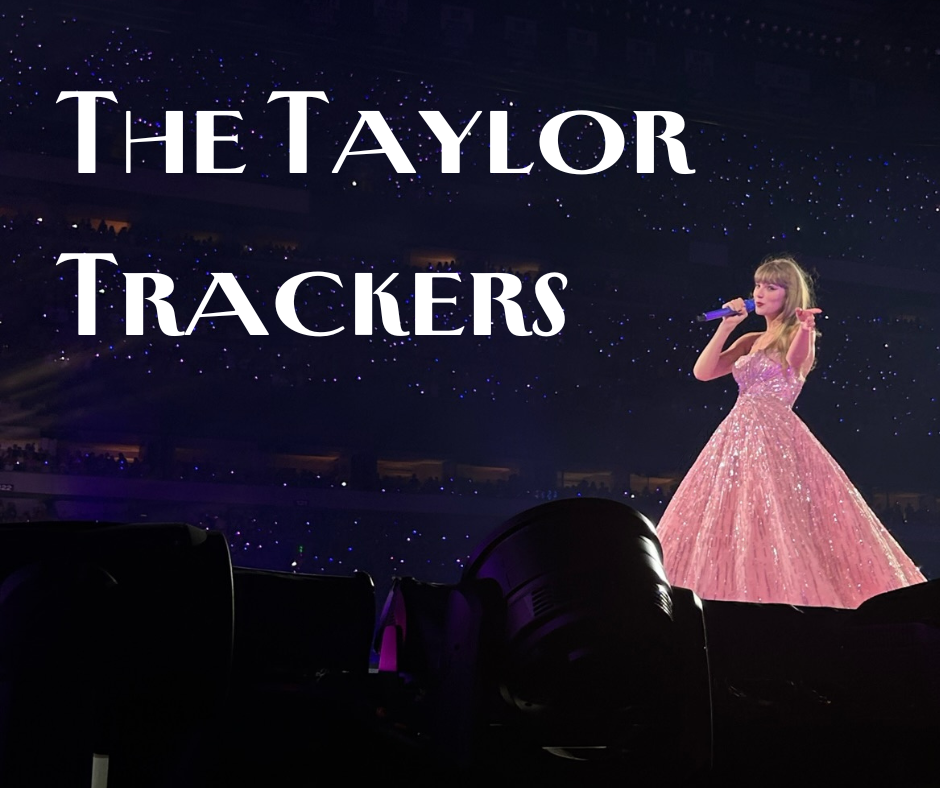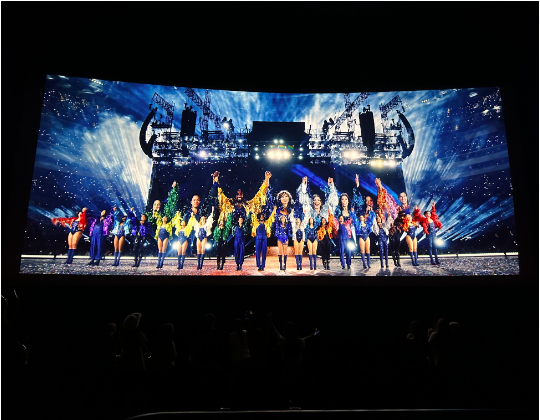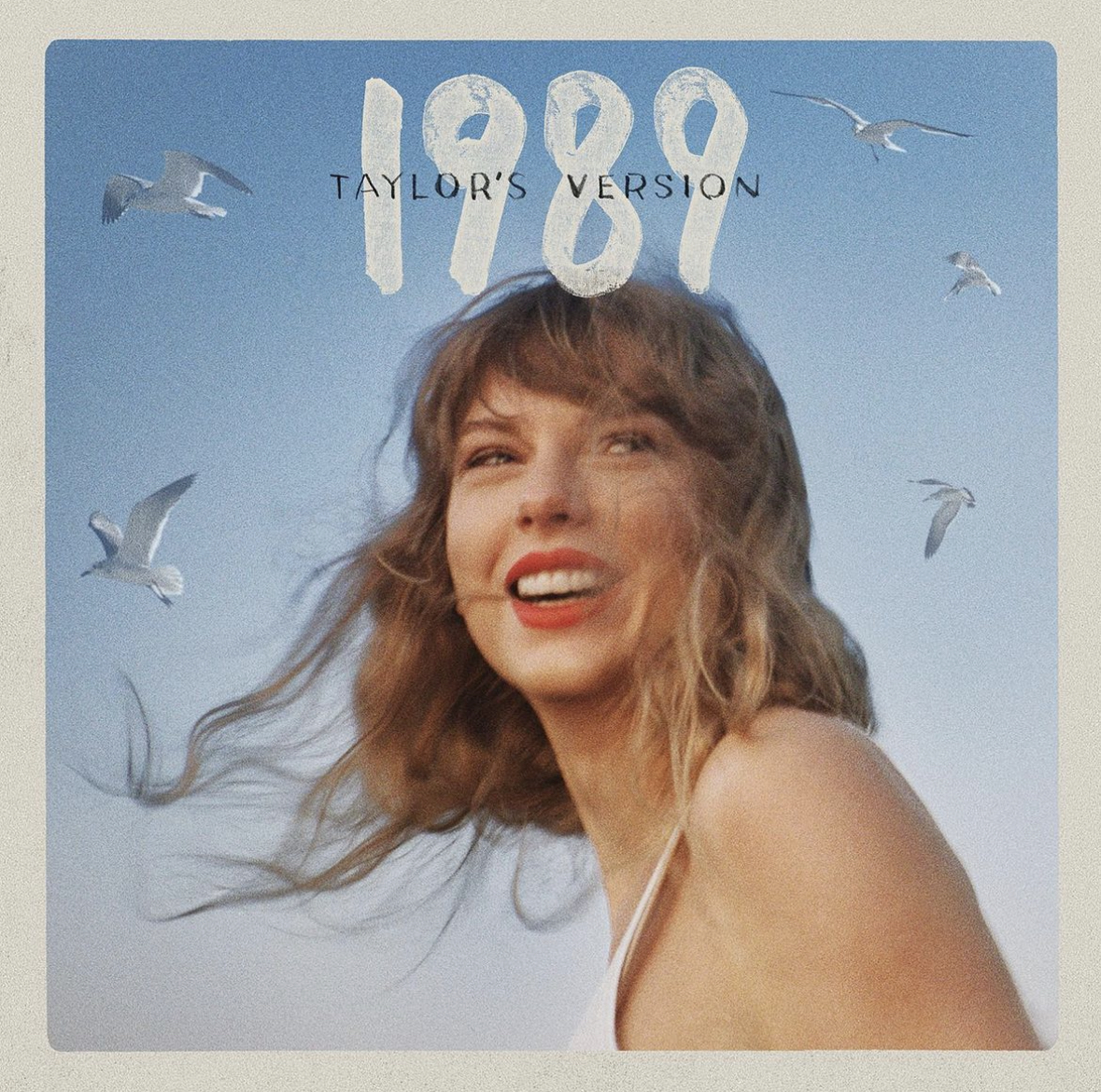You don’t have to be a LimeWire guru to know that the vast majority of students –and people in general –do not pay for the music they download. And although I won’t deny this practice, I find it difficult to shamelessly defend. In order to gauge whether illegal downloading is “right” or “wrong,” we first must delve into the theoretical reasons for its practice, rather than simply halting at the fact of its illegality.
Almost instinctively, the idea of paying for music seems fundamentally flawed, like a breach of basic rights. So much of our culture lives and breathes music. It enriches, it soothes, it enlightens and it inspires. In principle, we really shouldn’t have to pay for enlightenment, comfort, etc. The saying goes, “You can’t buy happiness.” But in obeying the music downloading laws, I actually am buying happiness…to some extent. Whether you rely on music for a significant portion of your happiness or mere entertainment, the question still stands…Isn’t buying music essentially paying for the human passions of inspiration and, ultimately, happiness?
When we consider the source of all this happiness–the musicians themselves–free downloading is basically stealing. But it is essential to see beyond the stigma of “stealing” and into the specific effects music piracy has on the artists’ ability to create music. For the sake of simplicity, let’s discount all big record companies that capitalize on their artists’ profits. After all is said and done, if you would still like to illegally download Katy Perry’s album because she’s already a rich and famous product of her record label, fair enough. When it comes to real artists, who do not rely on a record label to package them up, the listeners are everything. In the general formula, listeners mean money, and money means album production, live shows, equipment and overall the ability to grow and continue their artistic creations. But what if a percentage of these listeners does not contribute to the profit at all as a result of their freebie method of downloading? The outcome can only be more expensive concert tickets, fewer new releases, etc. It would seem that by obtaining our beloved music for free, we are working against its production, thwarting those who create it.
My gut feeling is that if you’re going to break the law, you might as well have some clear convictions about your actions. And yet, I still can’t give a decisive opinion about whether or not to download your music for free. I can tell you that I eagerly listen to about three to five new albums a week, and I’m not about to give up one of my most valued and relevant-to-my-life activities. But I also don’t have $120-200 to fork over every month. Maybe the music industry is the one at fault here, or maybe we’re all just music thieves. But whoever the culprit, the issue of music piracy can only be solved once the consumers become aware of their actions and can, or admit that they cannot, stand by them.






